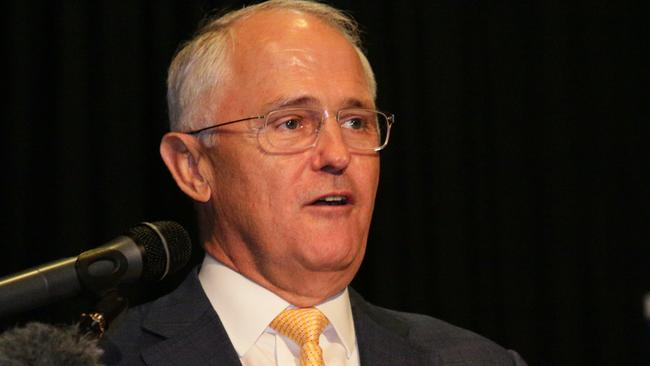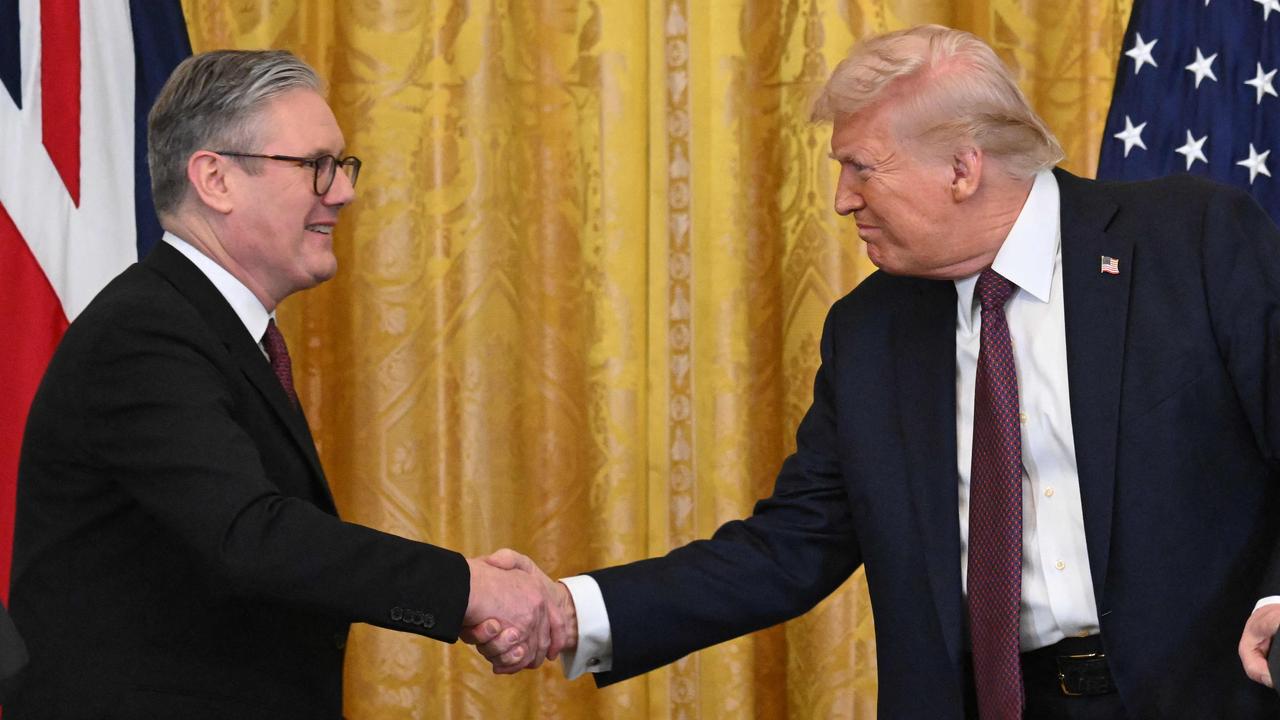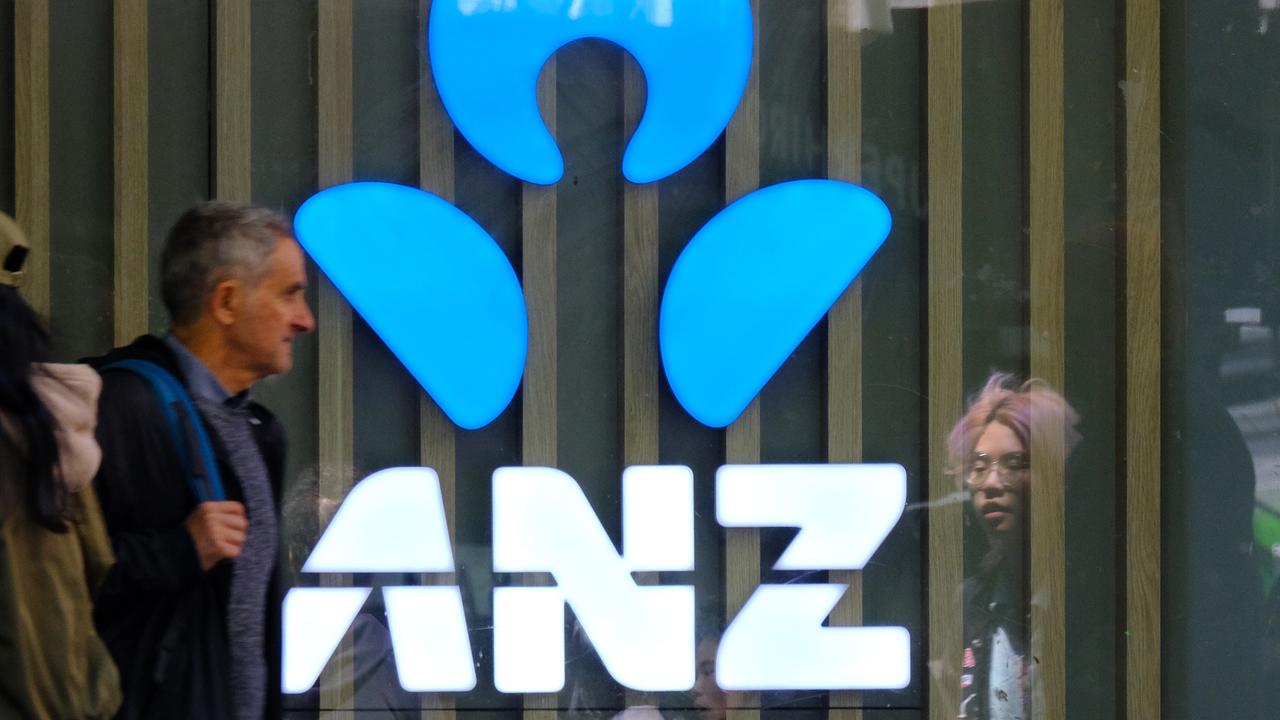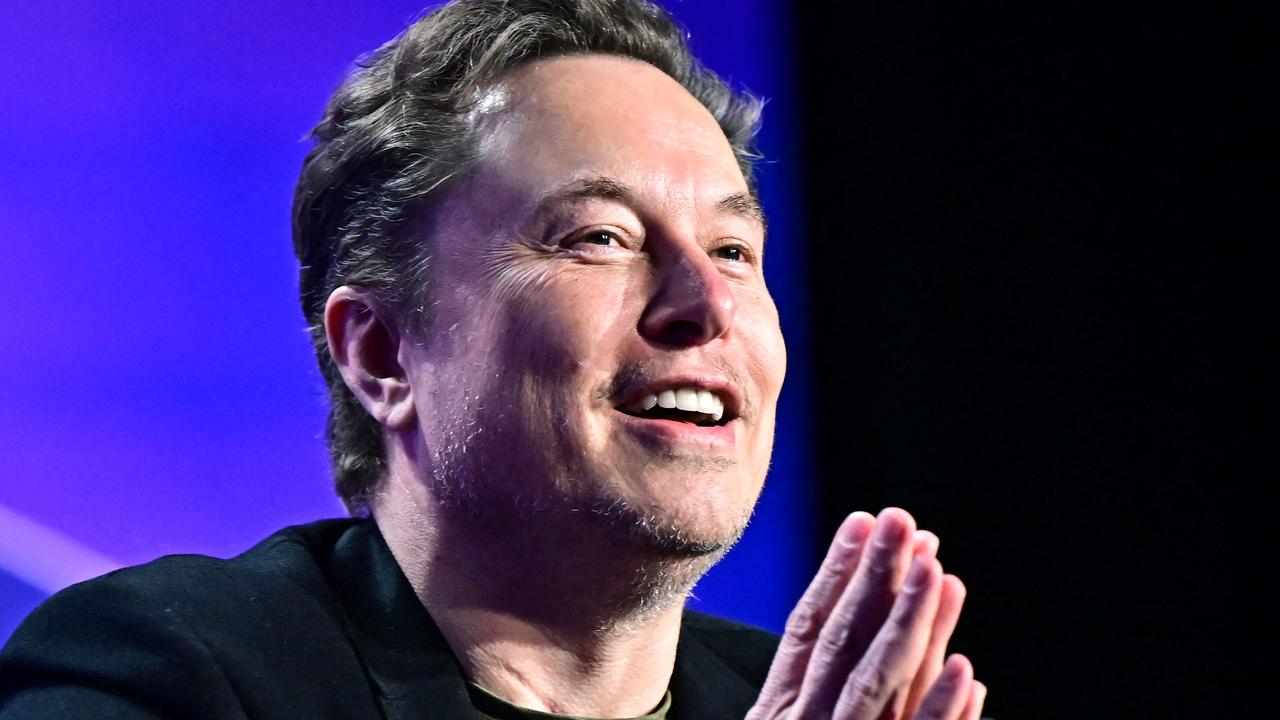Prime Minister Malcolm Turnbull asked whether income tax reform is a ‘double tax’?
MALCOLM Turnbull is trying to sell a big reform to the tax system but he could not avoid this one uncomfortable question today.

PM Malcolm Turnbull denies plan is ‘double tax’
- Federal funding could be withdrawn from state schools
- What’s the point of the tax reform?
PRIME Minister Malcolm Turnbull continues to deny that his plan to give states the power to collect income taxes is a “double tax” but concedes that states will be able to increase those taxes eventually.
In an interview on Radio National this morning, Mr Turnbull said: “There is no increase in tax contemplated here.”
But he did agree that states could raise and lower taxes in the future.
“Federal governments can raise and lower income tax, and do all the time,” he said.
He also pointed to the possibility that the federal government could withdraw from funding public schools.
Yesterday Mr Turnbull outlined what he called a “once in a generation reform” to redesign the tax system for the first time in 74 years.
The plan involves the federal government cutting its own income tax and giving the states the ability to collect their own taxes.
RELATED: Treasurer says income tax change will not increase overall tax burden
While details have not yet been revealed, some have suggested the federal government could give the states 2 per cent of the income tax rate, which Mr Turnbull said would raise about $14 billion for the states.
When asked whether this was actually “double taxation”, Mr Turnbull said “no”.
He said the plan could mean different states had different rates of income tax, but they already had different rates of land tax, payroll tax and stamp duty.
“The fundamental question is this: Are we sick of the blame game, are we sick of the finger pointing, are we sick of states not being responsible for much of the money they spend?” Mr Turnbull said.
“What we are proposing is that we begin a grown up conversation, a rational conversation, about a solution that does not involve any new or it doesn’t involve any additional tax.”
Mr Turnbull described the plan as a change to the way income tax was allocated.
“It is too easy for states and territories to just go to the federal government ATM and too easy for them to just blame the Commonwealth for not having enough money,” he said.
“It will deliver a better government because people, politicians and parliaments will be more responsible for more of the money they spend.
“They will have to be answerable to their voters for the money they spend.”
BIG REFORM COULD CHANGE SCHOOL FUNDING
When asked whether the Commonwealth would withdraw from school funding altogether, Mr Turnbull said: “No, not at all”.
But he did point to the possibility that it could withdraw from funding public schools.
“Funding is committed through to the end of 2016-17. We believe that the future of that funding of post-2017 should be bound up with these ... discussions.”
“You could make a very powerful case for example, that if there was revenue sharing, if the states had access to a portion of income tax ... they would then have the responsibility for state schools, which are the schools that they manage.”
While there did need to be a national curriculum, Mr Turnbull said states should be able to run their own schools. This could also reduce duplication.
“We have a massive Education Department in Canberra ... (but) we don’t employ any teachers.”
.@TurnbullMalcolm on @rnbreakfast about his proposed shake up of state/territory tax systems https://t.co/3IWwLzcHKe pic.twitter.com/4OfcVb5nPD
— RN - Radio National (@RadioNational) March 30, 2016
Mr Turnbull said he was also open to discussing whether responsibilities could be split differently, for example whether the states should have control of childcare and schools and the Commonwealth cover the National Disability Insurance Scheme and TAFE.
But he thought no federal government would retreat from funding non-government schools as there would be concerns about getting a “fair go” from state governments because of their competing interest in supporting state schools.
SO WHAT’S THE POINT?
The Prime Minister has insisted there will be no rise in income tax but Radio National host Fran Kelly said if the government was not going to raise more money, “what’s the point of it?”.
Mr Turnbull said: “If the states had to raise all of the money they spend themselves, they would spend that money much more wisely.”
At the moment, the easiest thing to do when states need more money, is to demand more from the federal government, rather than manage what they have better.
But Kelly said the Abbott Government had taken $80 billion away from the states and this was what was driving the debate.
Mr Turnbull said Labor had promised tens of billions of dollars that the government didn’t have, and the only way to get to money was to increase debt, borrow more money or increase taxes, which is what state premiers were urging the Commonwealth to do.
“The real issue is one of political responsibility,” he said.
Details of the plan, including what the tax rate could be, will be discussed at tomorrow’s COAG meeting with state premiers and territory chief ministers.
Mr Turnbull said talks about the plan had been held since December’s meeting, but were only made public this week.
“The big issue is that so far we’ve seen the state premiers urging us to raise tax, they urged us to put up the GST, and give the money to them,” he said.
Mr Turnbull said the government had looked at increasing the GST and decided there would not be much money left to give to the states once compensation was provided to lower income groups and compensatory tax cuts were included.
He said there was a “fundamental flaw” with the system at the moment.
“The states do not raise enough of their own money, they are not responsible enough for their own spending.”
There was also enormous waste and duplication in administering Commonwealth grants.
“One Chief Minister said to me only yesterday that in his jurisdiction there are areas ... where the cost of the public servants in his jurisdiction (administering) that grant and reporting back to the Commonwealth almost equals the amount of the grant,” he said.



